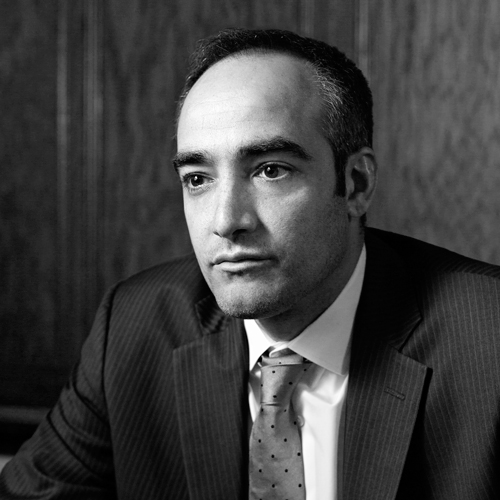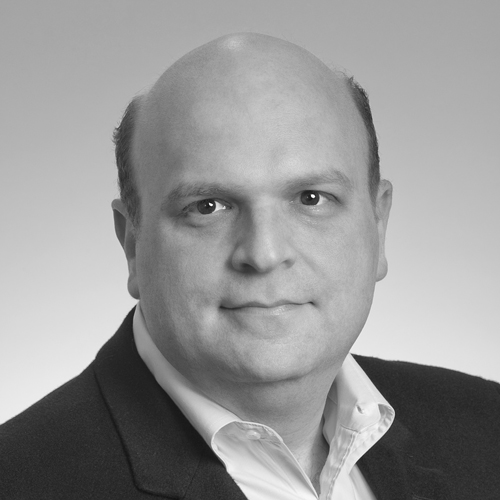I grew up in northwest Iowa on a livestock and grain farm. From the time I was a teenager I knew I wanted to be a trial lawyer. Maybe I watched a little too much Perry Mason, but at the time, that show was my sense of who lawyers were. I imagined how I could have an impact in the world. I wanted to be engaged, to be a leader, so when I was 17, I got on the Illinois Central train that came through my little town, and headed off to Boston to attend Harvard.
The time I spent at the White House was intense and fascinating. In my first month there—this was in 1986—a nightclub in Germany was bombed by a group of Libyans. President Reagan then bombed Libya, and that triggered issues of war powers, which are still relevant today. I worked on developing the concept of undercover operations, and the burgeoning field of new federal law enforcement techniques. We handled a couple very significant cases, such as one involving the state judiciary in Chicago and one involving high-tech theft in Silicon Valley.
I’ve always appreciated the platform that law has provided me to be an advocate, right wrongs, deliver justice, and make a difference. Early in my career I had the opportunity be an assistant special Watergate prosecutor. I was a young lawyer, so I had only a small part to play in the puzzle, but it was an interesting and wonderful opportunity to combine some of the threads of what it was that brought me into law and public policy. When I served as an assistant United States attorney, I tried dozens of cases, and I developed a sense of justice and fairness in the legal process. In the late ’80s and early ’90s, when I served as the United States Attorney for DC, we faced a huge challenge with violent crime, drugs, and gangs. There were hundreds of homicides a year. The experience of vindicating the rights of victims and being an advocate for those who needed an advocate brought to fruition why I had gone to law school. It was a chance to learn the meaning of justice and understand the importance of the legal process in reaching fair and balanced judgments.
I believe very strongly in maintaining your roots. I’ve worked for six attorneys general, three presidents, and several CEOs. Staying grounded and keeping your ego in check are important values for providing steady, strong advice and calm execution—especially when you’re engaged with senior people making sometimes-contentious decisions that impact our country.
I’ve used my leadership to develop a culture of integrity. My more than 15 years in private business have given me a platform to help shape the direction and reputation of large public companies. Cultivating sound business conduct and meeting the responsibilities of corporate governance is something that I’ve found to be quite rewarding and in many ways has pulled together my experiences in national security and international affairs. ln private practice, I worked much more in the arenas of prevention and compliance. At Raytheon, a considerable amount of my focus was on corporate governance.
The good thing about litigation is it helps you synthesize a broad set of facts to get to the nub of the issue. It’s great training for understanding human behavior and human conduct. Understanding how people work together, what they do and why they do it, and where there can be dysfunction is very important.
My mantra has been to help others succeed, always to act with integrity, and to demonstrate courage. I’ve leveraged the impact I’ve made as an individual to extend on an organizational scale by developing a team of capable and talented people who are committed to a mission. I feel that part of my legacy is creating that cadre of talented, motivated professionals. Looking back, one of the joys I recall is having had the opportunity to hire several hundred professionals over the course of my career and seeing many of them go on to do terrific work. From where I have sat, it’s clear to me that leadership matters. Working together allows people to achieve great things. And character does make a difference.
When I was at the White House, President Reagan had a little plaque on his desk that said, “There is no limit to how much a person can achieve if he doesn’t care who gets the credit.” Likewise, Teddy Roosevelt said, “The credit belongs to the man who is in the arena.” We all make mistakes, we all do things that don’t come out 100 percent the way we like every time. But it’s important to always be engaged, to make an impact, to make a difference in a positive way.


